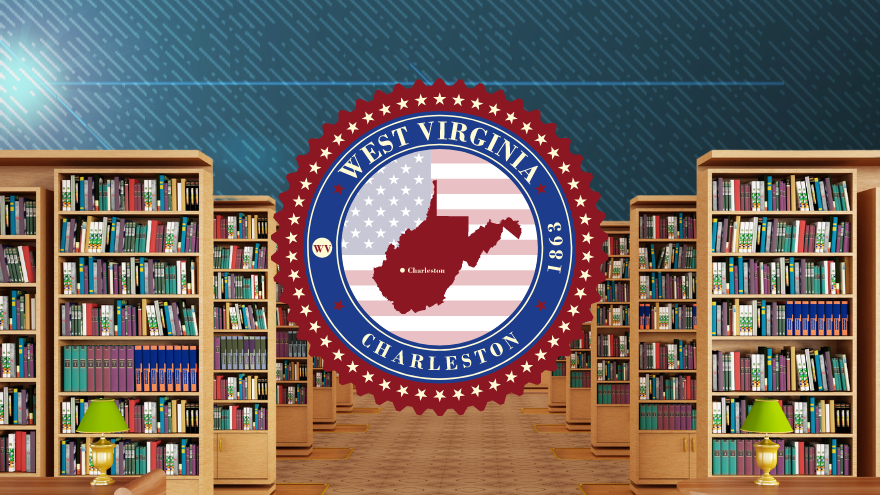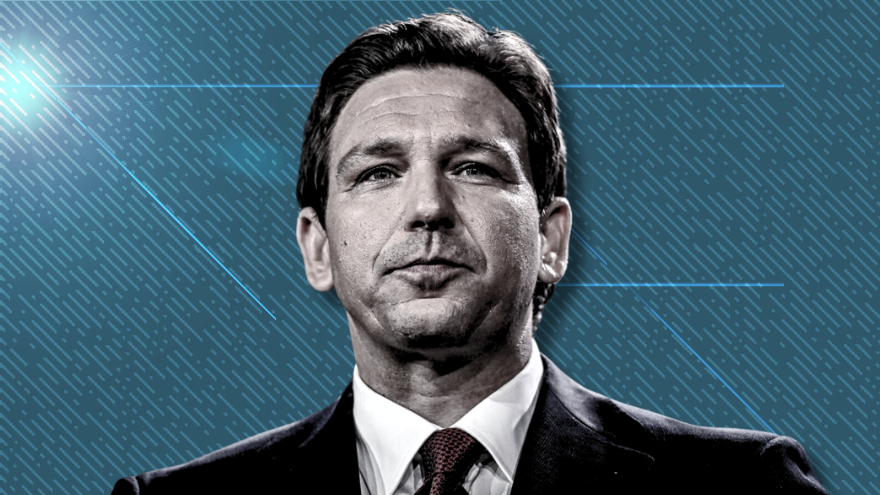Members of the West Virginia Senate attached an expansion of the state’s obscenity laws that bars libraries and schools from displaying obscene material to a bill criminalizing child pornography created with artificial intelligence.
Under SB 741, creating or distributing pornography that is generated with AI to depict what appears to be a minor in any kind of sexually explicit conduct is a felony and is punishable by a fine of up to $10,000 and up to 10 years in prison. It was passed following a vote of 34-0 on March 5, per WV Metro News.
HB 4654 was added as an amendment. The expansion of West Virginia’s obscenity laws was previously independently introduced in the state senate, alarming some who felt the policy could make librarians vulnerable to arrest.
Senate Democrats objected to the motion to add HB 4654 as an amendment to SB 741. After four attempts to terminate the motion, the opponents were ultimately unsuccessful.
The West Virginia House of Delegates passed HB 4654 on Feb. 16 after holding public hearings in late January. The policy would terminate the exemptions granted to schools, public libraries and museums and bar the facilities from distributing or displaying material that could be considered obscene.
Violating obscenity laws is currently punishable by up to five years in prison or a $25,000 fine.
The bill’s sponsor, state Delegate Brandon Steele, said he was prompted to take action after staff members at schools and libraries in his community expressed concern.
“They’ve talked to me about some of the materials that are coming in to the libraries these days,” Steele said, per WV Public. “The law that we have on the books was designed, you know, back in the 70s, and 80s, where the topic was more along the lines of sex education and things like that, things that were a little more innocuous. What our librarians that are talking to me are seeing ... coming in, is material that is outright pornography.”
At a public hearing on Jan. 24, West Virginia resident Cara Butler read a passage from a book that described oral sex from the House podium.
“We need to return to a God-fearing country,” she said. “Do you think God is happy with this?”
Critics of the policy have expressed concern that the policy is too broad and could restrict librarians and teachers.
“It’s really weaponizing the government, weaponizing criminal law to attack professionals that are librarians that are educators in our schools that are in museums with respect to obscenity, and that’s just such a very vague standard right now,” said Delegate Joey Garcia during a debate. “This would make criminal prosecution possible, which is going to chill free speech.”
The West Virginia Association of Museums is also opposed to the bill.
“This vague definition [of obscenity] opens the door for attacks and legal challenges on any exhibit, program, lecture, publication, or other project that some member of a community may not agree with,” the organization said, per Truth Out.
The American Civil Liberties Union of West Virginia is also opposed to HB 4654, arguing that those behind the policy are using concerns about “pedophile librarians.”
“The bill is designed to create confusion for educators about what kinds of materials can be taught or displayed,” the organization said in a statement on X.

